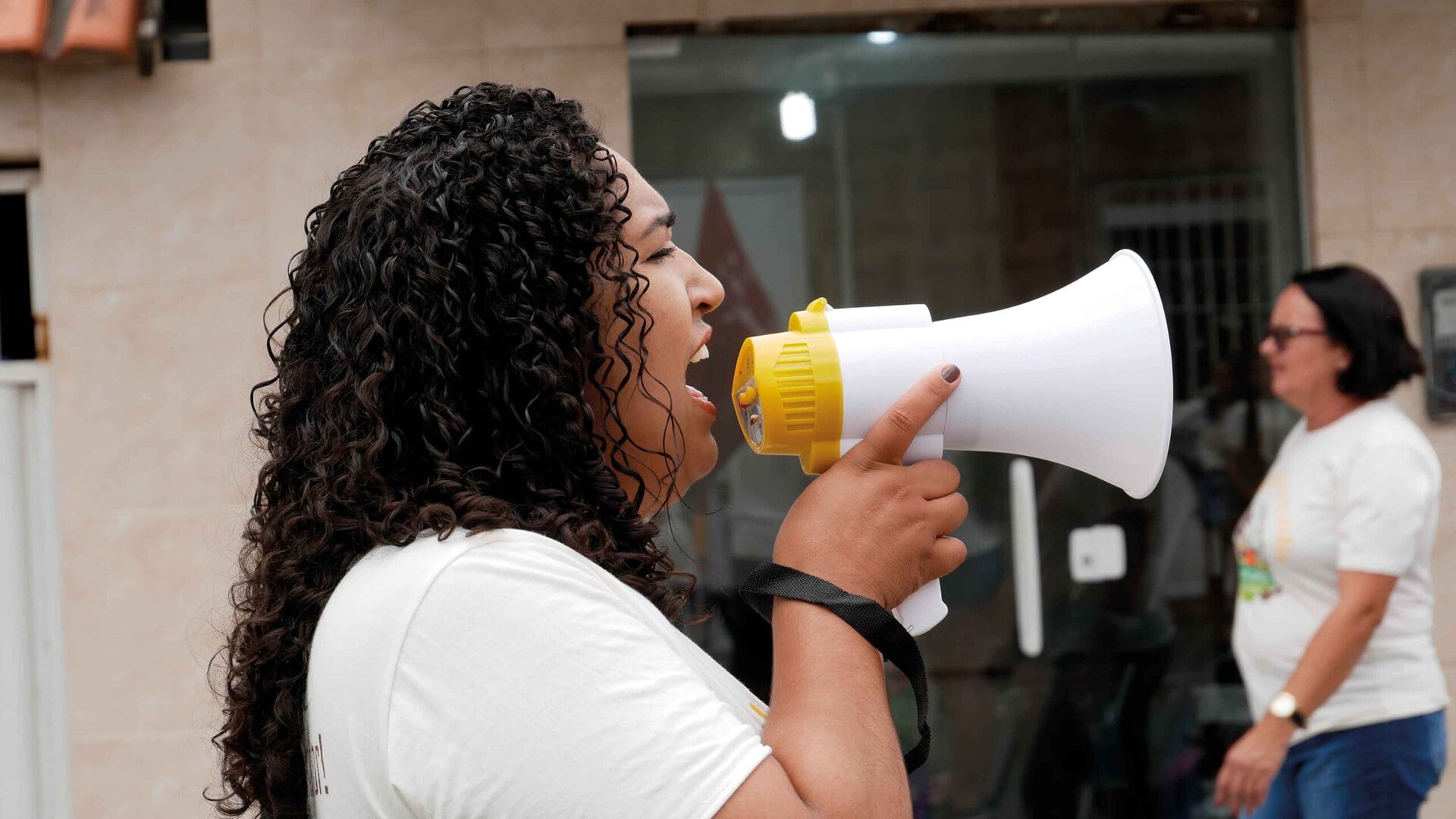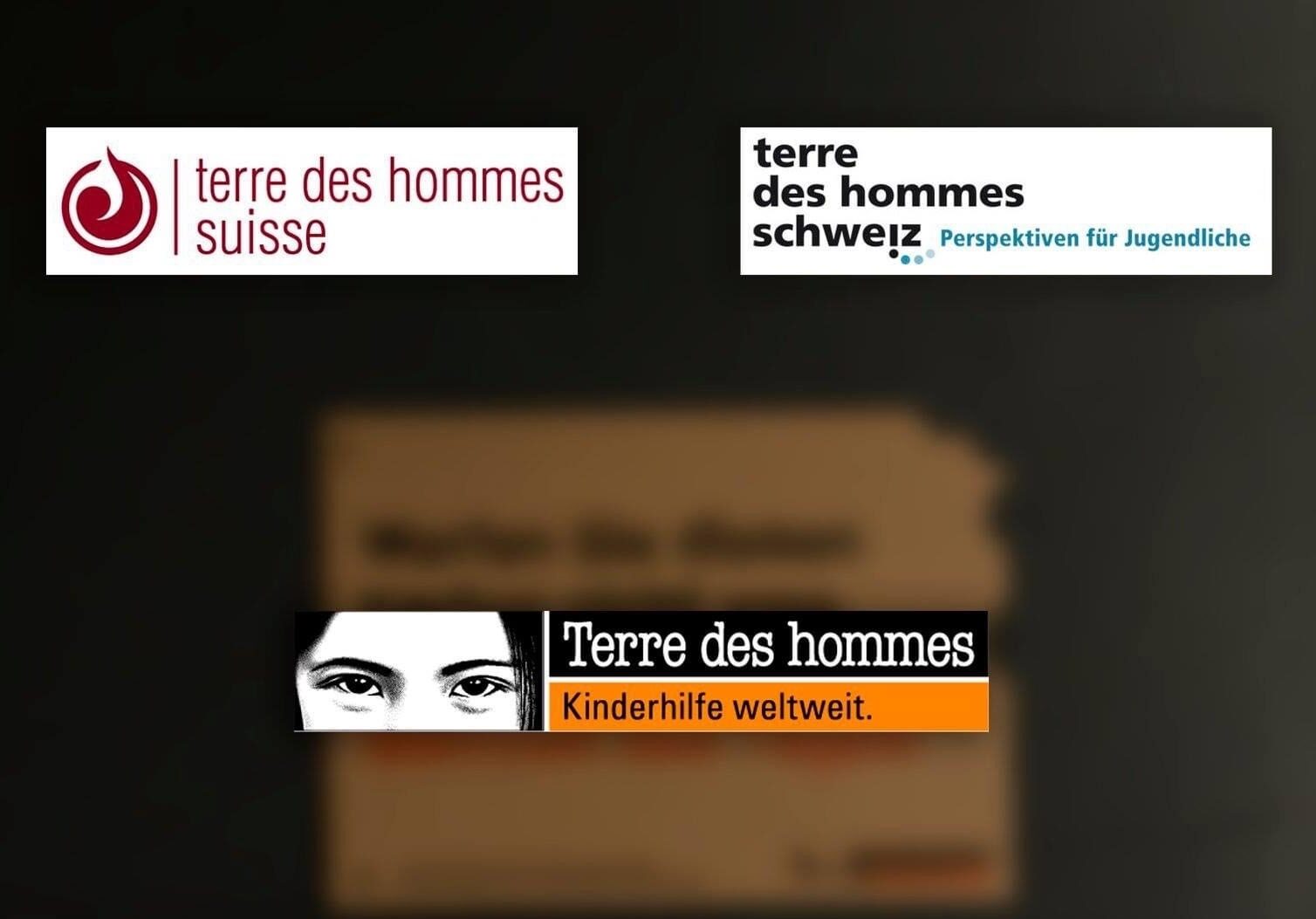The legal concept of traditional peoples in Brazil has only existed since 2007, and since then the number of self-declared traditional peoples has increased rapidly. With this increase, unresolved questions are becoming more urgent: when is a group considered a traditional people or community and who defines this? These questions are the subject of this year’s “Round Table Brazil 2015” conference at the end of November.
At the end of the 1970s, the rubber tappers in the state of Acre, Brazil, were the first traditional communities to articulate their opposition to the destruction of their territories. The murder of Chico Mendes drew national and international attention to this group. What was new about this resistance was that for the first time, alongside the indigenous people, another group was not demanding individual land through agrarian reform, but a collective territory for sustainable cultivation.
Demand for collective territories for sustainable management
Today, there are numerous groups that self-identify as traditional peoples or communities. In 2007, a presidential decree created a legal framework that supplements the rights of the indigenous people and quilombolas set out in the constitution. The demand for collective territories for sustainable management remains one of their central demands. The concept of traditional peoples and communities is therefore relatively new on the political map. Many scientific, legal and political issues concerning them are still in an open discussion process.
Many unanswered questions
When is a group considered a traditional people or community? Who defines this? Do young people want to stay in the communities? Do they also exist in the cities? Is the concept transferable to Europe/Germany? These questions will be explored together with guests from Brazil and Germany at the symposium. In addition to professional impulses, there will be an opportunity for discussion, networking and exchange. The conference will be held in two languages with simultaneous translation. A market of opportunities will provide space for participants to make their own offers.
The registration deadline is November 13, 2015.



